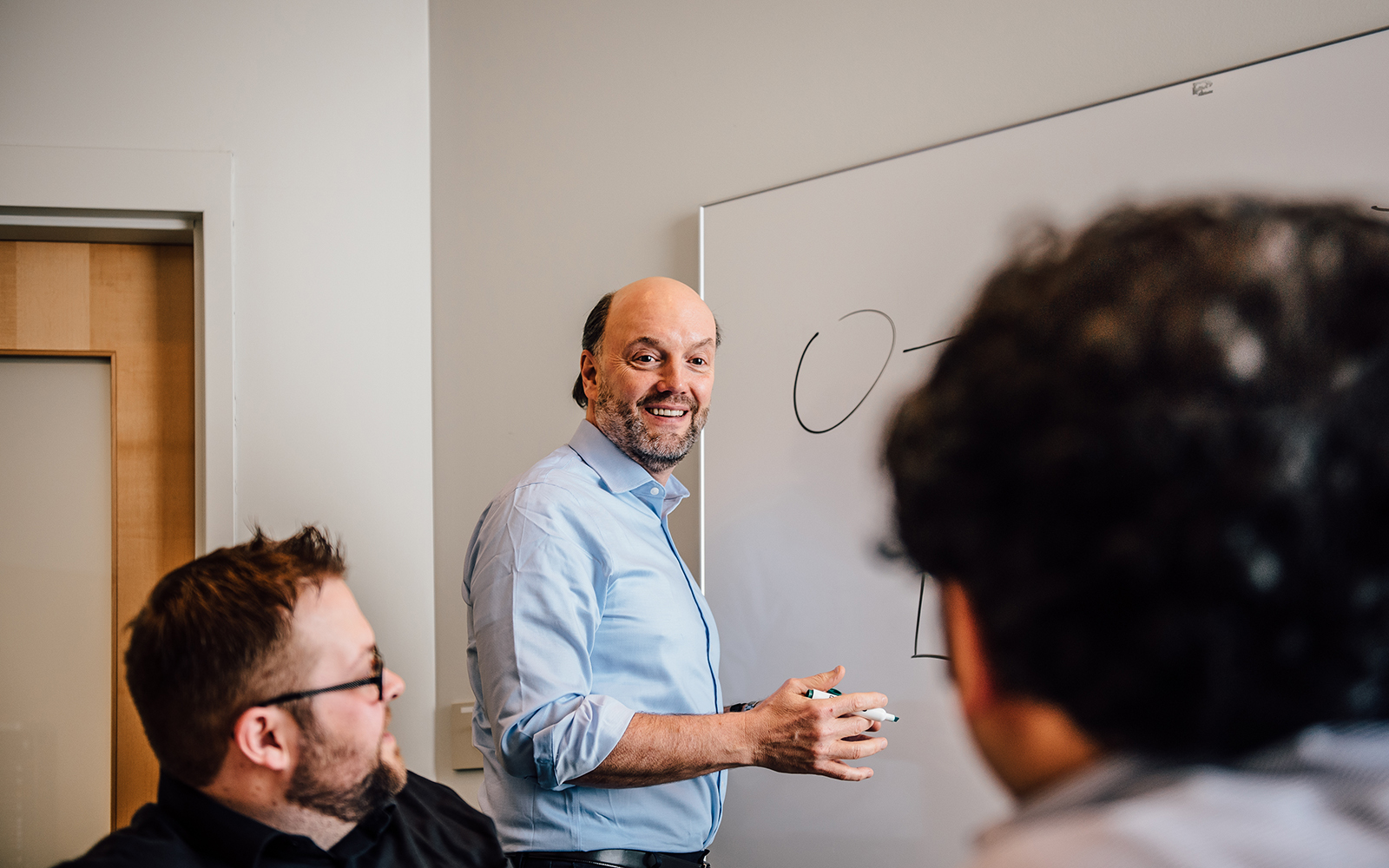Hello Colleagues,
There are many problems that business researchers can help solve, from improving the global supply chain to creating clean energy and livable cities. At the University of Connecticut School of Business, we are committed to cutting-edge research that has the potential to impact our world in new and exciting ways. Continue Reading





